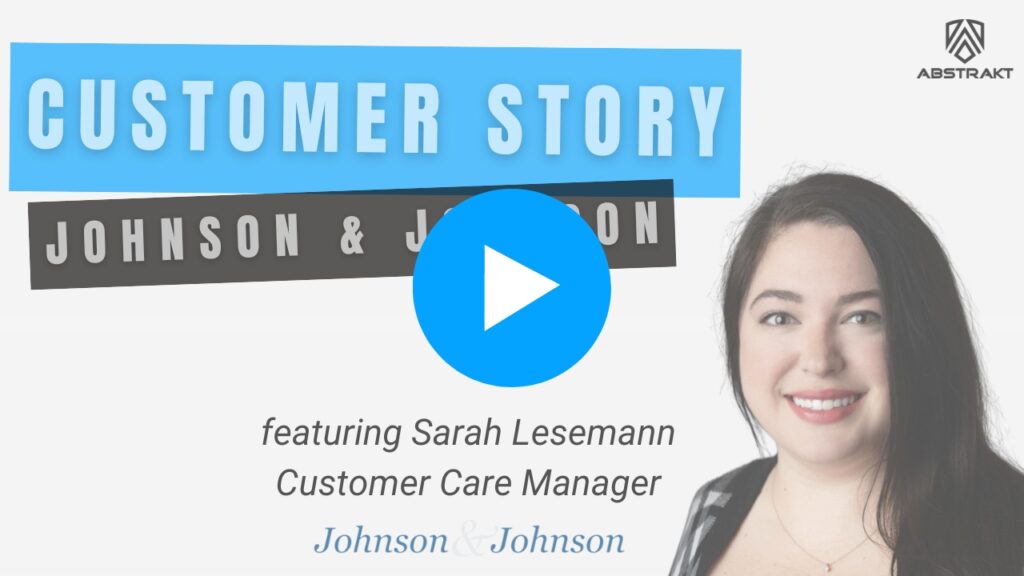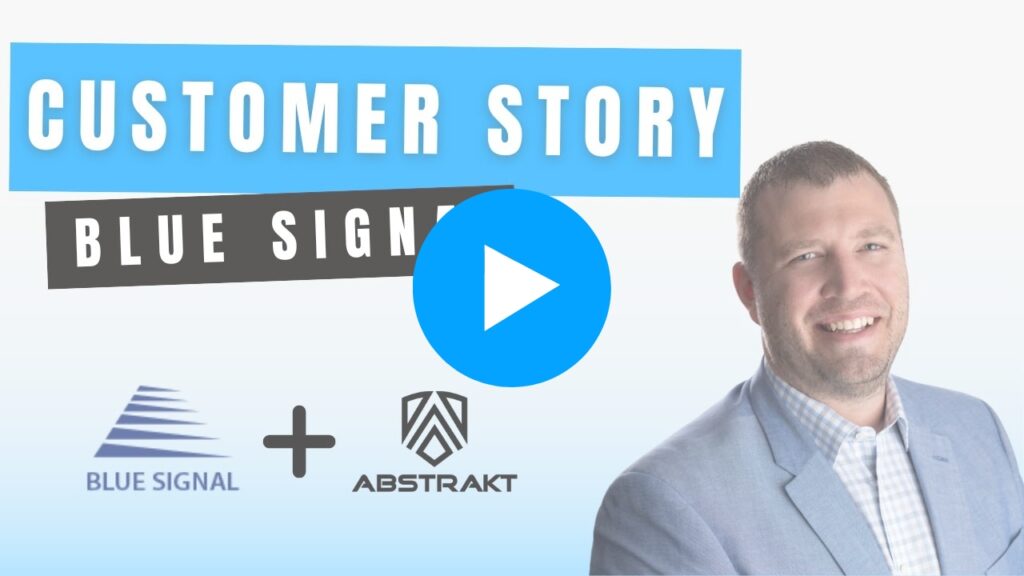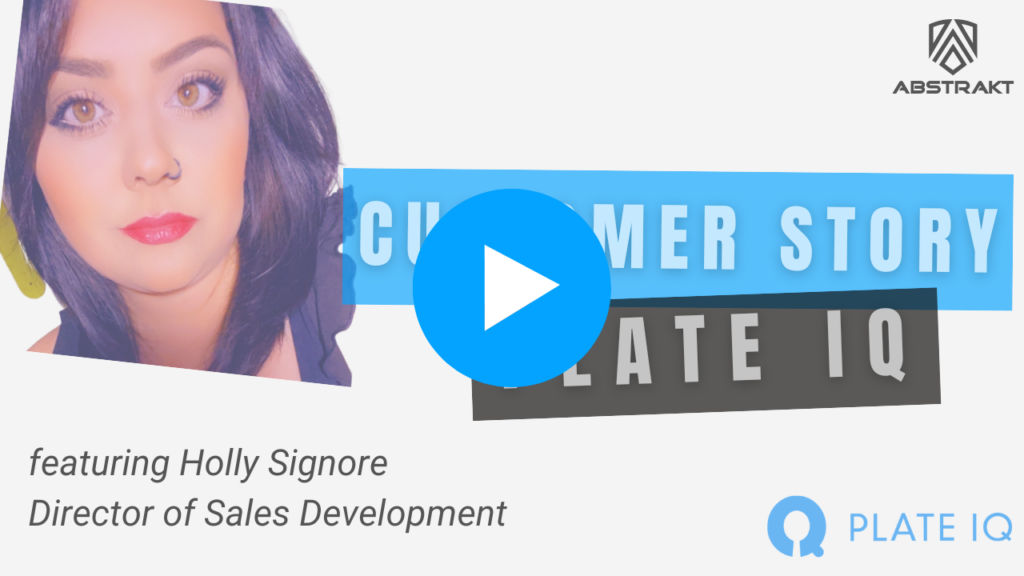Today we’re going to dive into the explanation of procrastination when it comes to call coaching and other tasks that shouldn’t take long but end up costing us hours each week.
Have you heard of Parkinson’s law?
If not… this is essentially what it is:
If you have ever been given a deadline, and waited until the last minute to accomplish the necessary tasks necessary to meet said deadline then you have fallen victim to Parkinson’s law.
This law is basically the adage that work will expand to fill the time allotted to complete the task.
Put simply, waiting until the last minute to get a job done.
Chances are you weren’t aware that there is an actual law, based on the understanding of human psychology that governs procrastination.
Call Coaching & Procrastination
This term was first used in 1955 when Cyril Northcote Parkinson wrote an essay for “The Economist”. In his essay, he shares an absolutely relatable story of a woman whose only task on a given day was to send a postcard.
Think about the order of operations needed to do this.
Find the postcard, write 140 characters, find the address, put a stamp on it, and drop it in the mailbox.
Maybe a total of 15 minutes, right?
Instead, the woman spends an hour finding the card, another half hour looking for her reading glasses, an hour and a half writing the perfect message on the card, and another 20 minutes deciding whether or not to bring an umbrella on her walk to the mailbox and before she knew it, the day was gone.
Sound familiar?
This woman’s problem.
She did not have a deadline.
Why does this matter?
Think back to the last time you waited until the last minute to do anything.
Was your focus intensified?
Is your heart rate elevated?
Maybe get a little dose of adrenaline through your veins as you work to meet a deadline?
The closer the impending due date, the more you experience all of the above.
We see it happen all the time across our customers. A new campaign is going live on Tuesday, Playbooks and Recommended Responses are added Monday night. A new support function is added, and QA workflows and Feedback Forms are built hours before launch.
Why is this the case when everyone knows about these business objectives weeks or months in advance?
The Yerkes-Dodson law helps us to explain this
In short, we as human beings experience a certain level of arousal that increases performance when deadlines are looming.
It’s almost like we are wired to wait as long as possible because when we accomplish said task, we get that chemical hit to our neural receptors in our brain saying “Good job” which only serves to reinforce the feedback loop of procrastination next time.
This breaks down in group settings where we see Social Loafing rear its ugly head. People in larger groups tend to put in less effort.
However, Social Loafing turns into (usually) one person finishing 80% of the work, the day before it’s due.
The cycle repeats itself as individuals who put in less effort still deliver their projects on time, in large part, thanks to the last-minute efforts of a single individual.
Examples like the one above point out precisely why being reactive with call analysis and call coaching is dangerous.
Recorded phone conversations sit in conversational intelligence software applications until the due date approaches when a certain percentage of calls needs to be reviewed.
Now, the efficiency of the reviewing might increase due to the individual experiencing the Yerkes-Dodson effect but the downside is the agent has to wait for that feedback.
Unfortunately, it’s really not avoidable either, we are hardwired to seek pleasure and pain, and waiting to do things until the last minute triggers pleasure.
Real-Time Call Coaching Software is the solution to this problem
Call coaching software closes the gap that inevitably is found between the specific interaction or moment that needs call coaching.
But why are so many companies still hesitant to this type of solution?
By leveraging AI to help agents in the moment, we don’t give Parkinson’s Law or the Yerkes-Dodson Law time to show its ugly face.
Interested in seeing how call coaching has helped teams just like yours?


